Once an incentive to get wearers moving, the latest health tech devices want to help users slow down, integrating emotional measurement and stress management tools for a more holistic approach to health.
Wearables are turning into high tech mood rings to help users manage stress and emotional wellbeing.
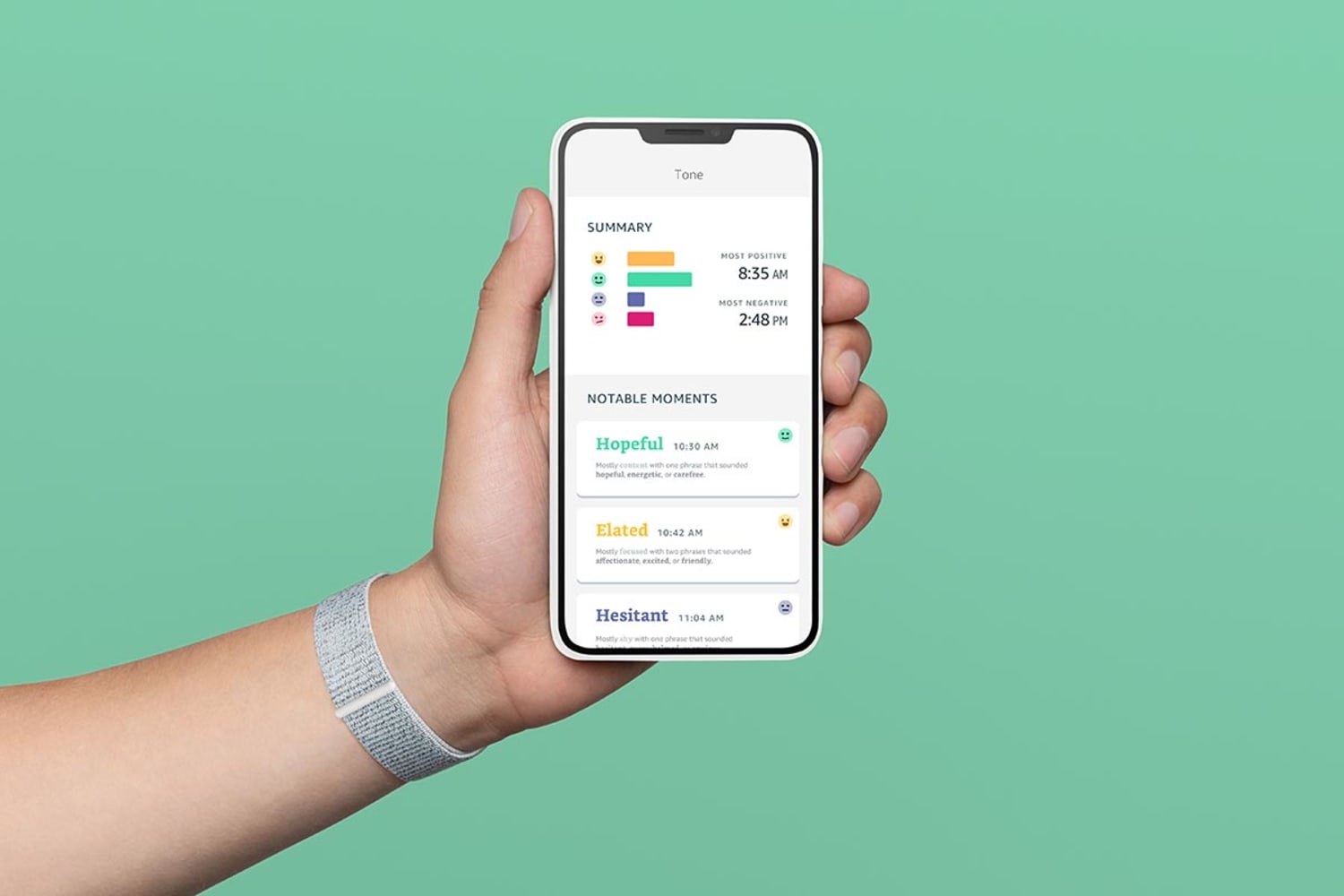
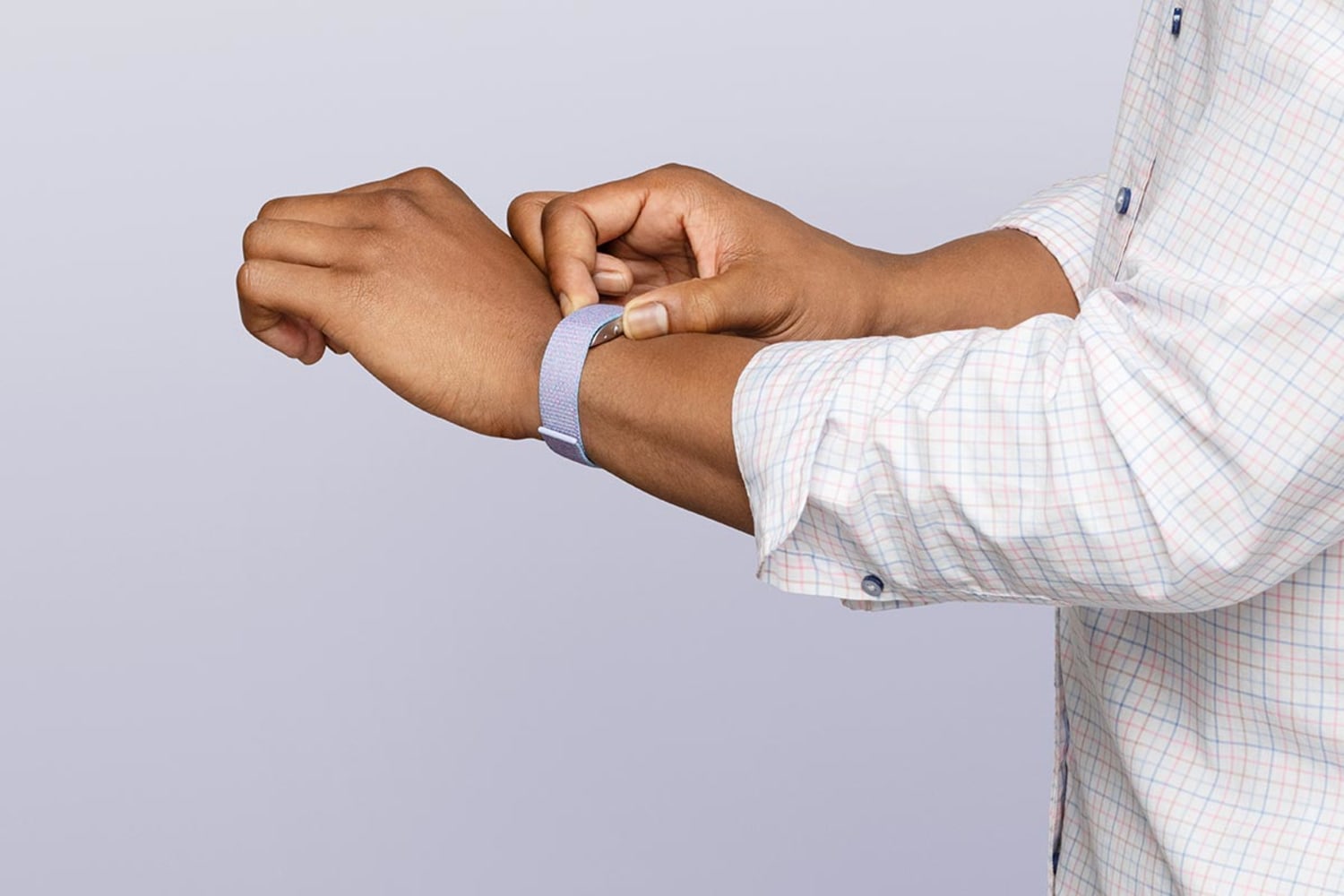

At the end of August, Amazon announced plans for its first fitness tracker. One of the key features is emotional analysis using voice recognition technology; the device picks up on the pitch, intensity, rhythm, and tempo of the user’s voice and then categorizes them into emotional states and flags “notable moments” throughout the day. Some of the emotional states identified include hopeful, elated, hesitant, bored, apologetic, happy, worried, confused, and affectionate.
“Health is much more than just the number of steps you take in a day or how many hours you sleep,” said Dr. Maulik Majmudar, Principal Medical Officer for Amazon Halo. With the mood tracking capability, the Halo offers “a more comprehensive approach to improving your health and wellness.”
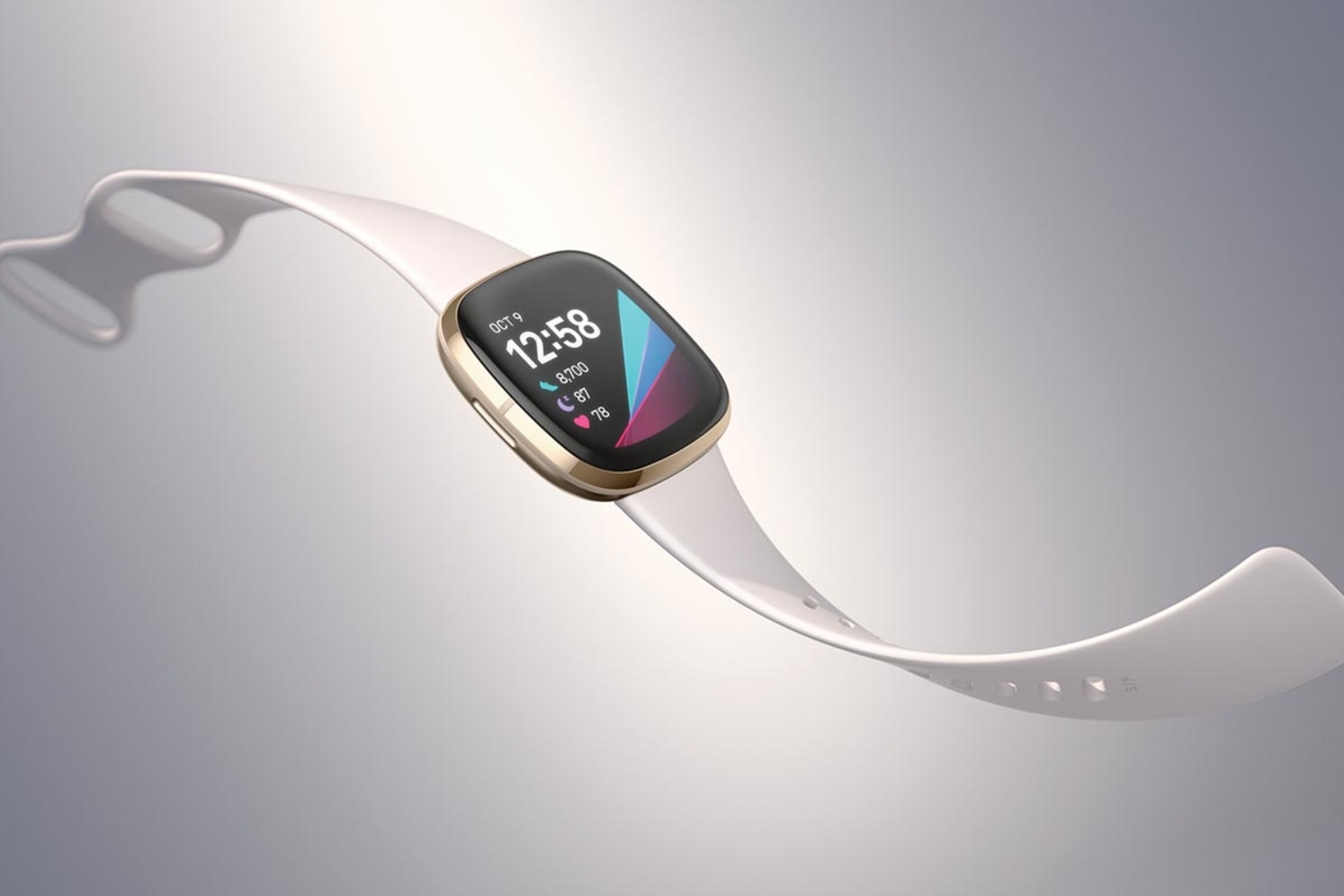

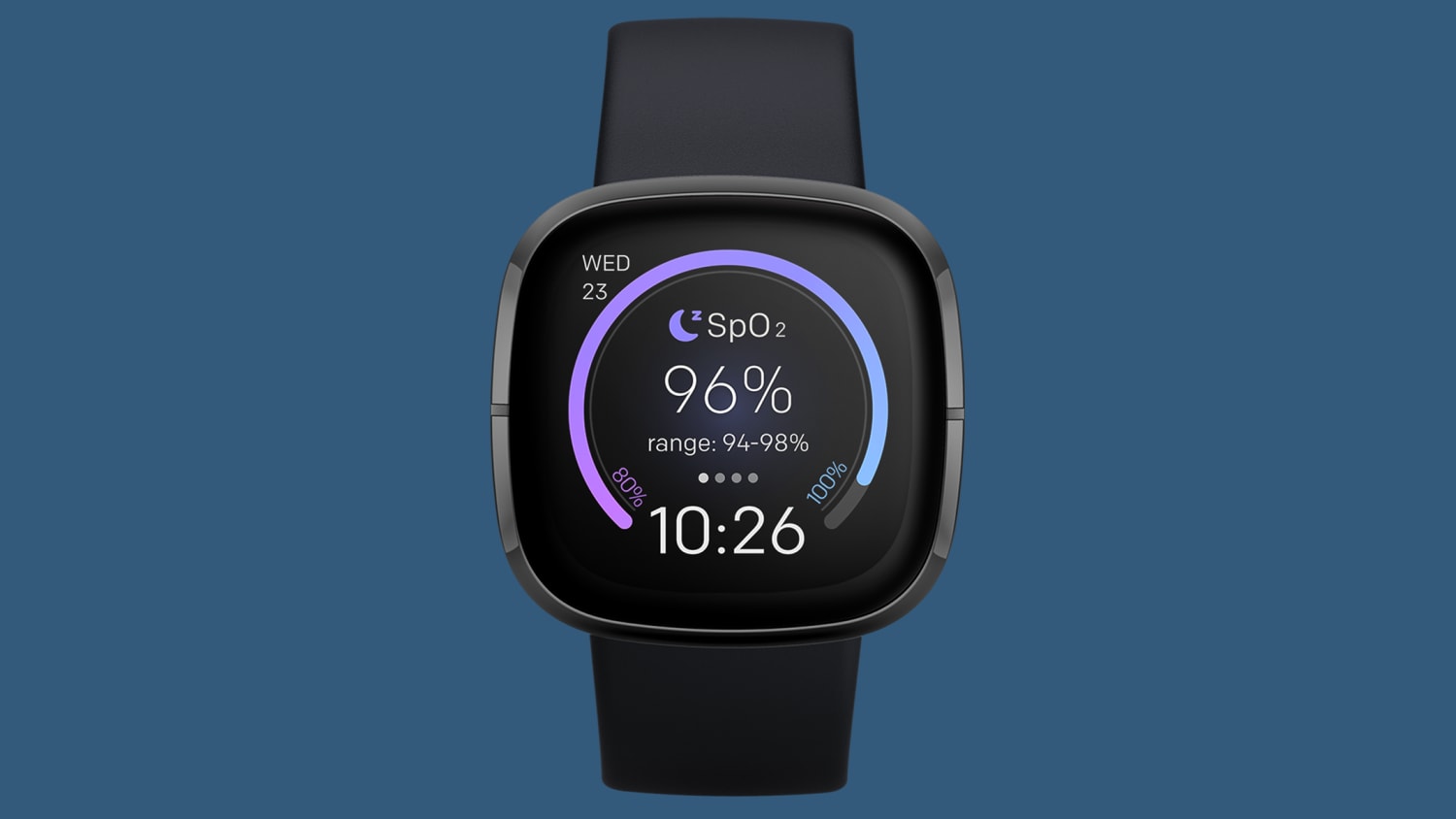
The Fitbit Sense, also released at the end of August, similarly offers “a holistic approach to managing your stress and mood” with its new stress management feature. The device measures heart rate and skin temperature as a window into physical stress levels, then integrates the readings with sleep and activity data to calculate a stress management score.
Alongside the Sense launch, Fitbit also introduced a new mindfulness tile on their app. The feature invites users to set weekly mindfulness goals and reminders, reflect on their stress and log their mood after sessions for better insight into how physical fitness correlates with their mood over time.
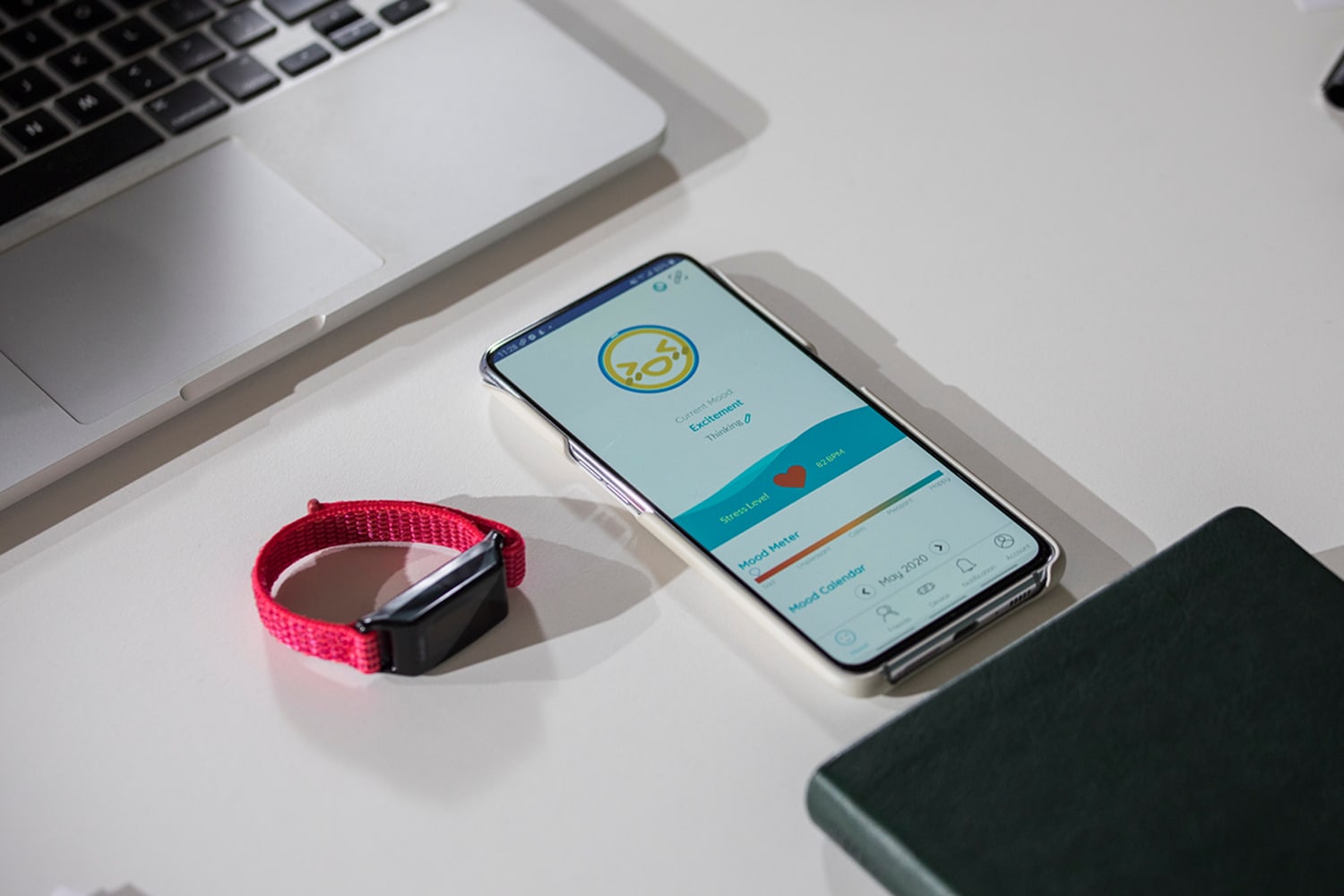
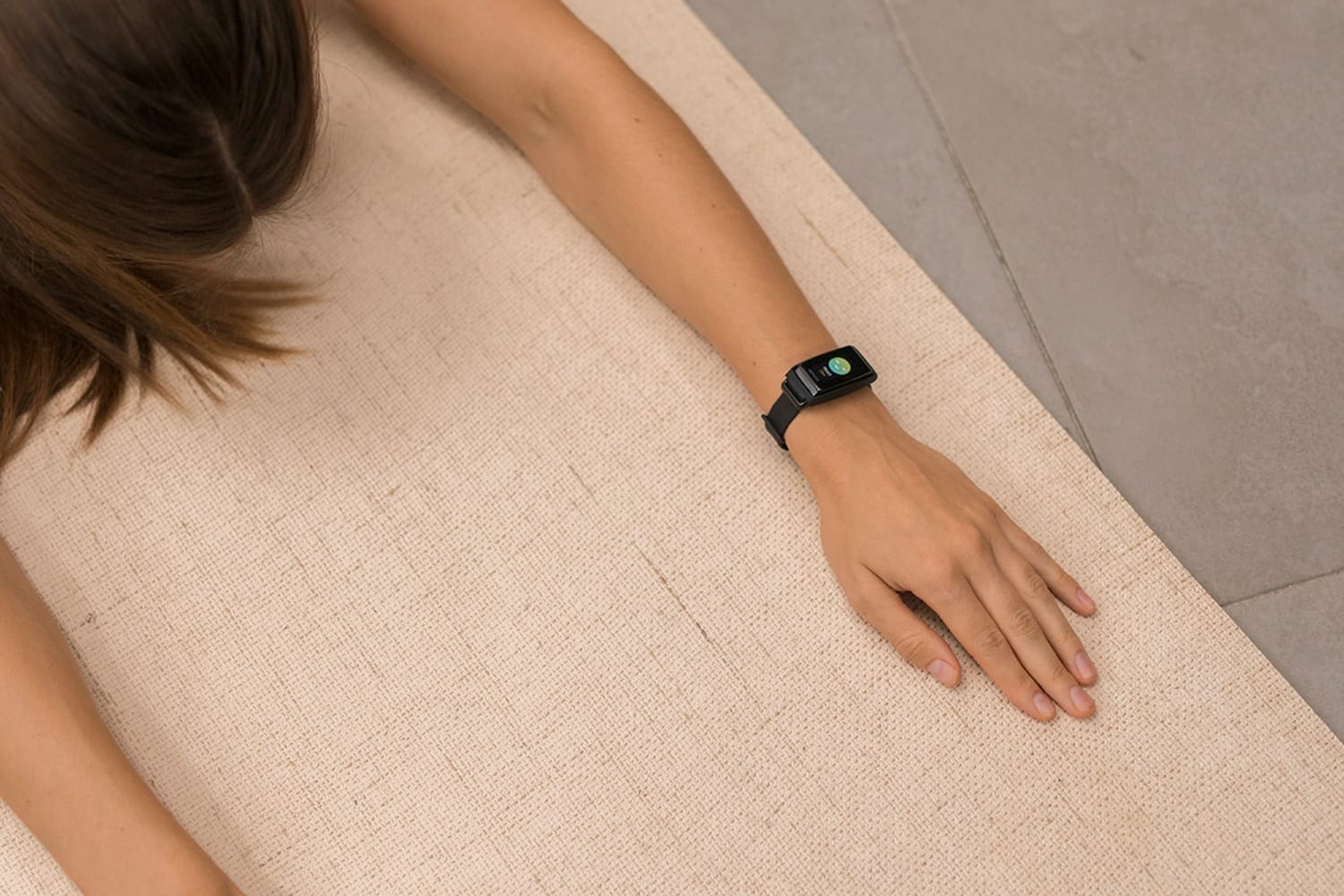
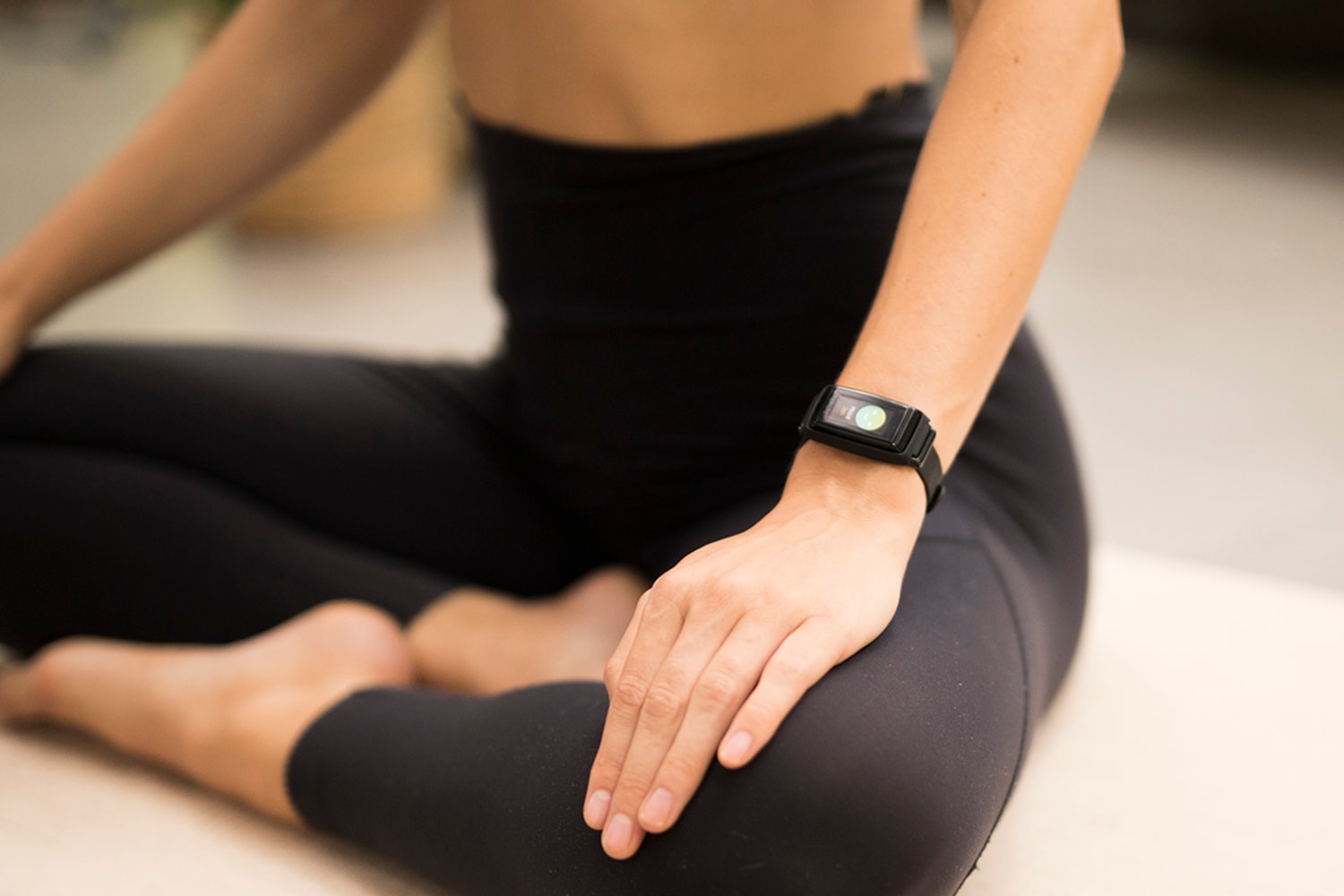
The same month, wearable company Upmood launched Upmood Watch, an emotion-tracking wearable to help users understand and manage their emotional well-being and stress levels. The device uses advanced biometric technology to detect eleven emotional states, such as anxious, calm, challenged and excited, then identifies emotional triggers to give users actionable insights to boost their mood.
The technology “allows people to track, understand, and manage their emotions on a level never before seen,” Upmood founder Charles Lo said. “Given the unpredictable times of today, Upmood Watch has the potential to provide invaluable support for emotional awareness and well-being.”

Nearly a third of American adults have reported signs of anxiety or depression, marking a significant increase from 2019, the Centers for Disease Control and Prevention reported last month. In the wake of heightened anxiety, these new wearables are responding to a growing desire for improved stress management, taking a measured, scientific approach to emotional wellbeing and helping users better link physical and mental health for improved holistic wellbeing.
Please provide your contact information to continue.
Related Content

VML Shines at the ANDY Awards

